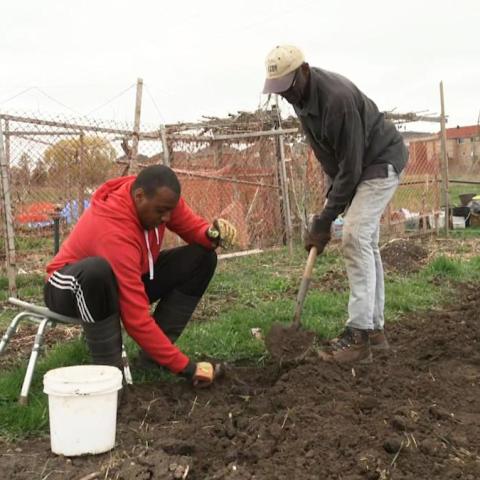SACRAMENTO, Calif. — A new law in California opens the door for over 800,000 ride-hailing drivers to unionize and negotiate for better pay and benefits. Governor Gavin Newsom signed this measure recently, marking a significant step for labor rights in the state.
Supporters believe this law could lead to the most extensive expansion of private sector collective bargaining in California’s history. It comes as a compromise after years of tension between labor unions and tech companies.
California now joins Massachusetts as the second state to allow Uber and Lyft drivers to unionize as independent contractors. Meanwhile, similar efforts are underway in Illinois and Minnesota.
At a recent news conference at UC Berkeley, Newsom expressed that this law gives drivers “dignity and a say about their future.” The measure is part of a broader agreement that also reduces insurance requirements for ride-hailing companies. Lyft CEO David Risher noted that these changes could save the company $200 million, potentially lowering fares for passengers. Uber claims that high state-mandated insurance rates make fares in California pricier than elsewhere in the U.S.
For years, debates have raged around the rights of gig economy workers. In July 2022, the California Supreme Court ruled that Uber and Lyft can continue treating drivers as independent contractors, meaning they aren’t entitled to benefits like paid sick leave or unemployment insurance. A 2019 law that mandated benefits was overturned by voters in 2020.
Now, drivers can join a union while still being classified as independent contractors. However, the new law applies specifically to rideshare drivers and doesn’t cover delivery app workers like those for DoorDash. It also requires companies to bargain in good faith.
Critics, including Rideshare Drivers United, argue that the collective bargaining measure isn’t enough to secure fair contracts. They point to New York City, where companies must report average driver earnings, leading to improved pay for drivers there. Nicole Moore, president of Rideshare Drivers United, emphasizes the need for state backing in wage proposals.
Many drivers welcome the new legislation for improving workplace safety and benefits. They’ve often faced challenges like being “deactivated” from their apps without clear explanations. Ana Barragan, a gig driver from Los Angeles, shared her thoughts: “We’ve worked long hours and faced disrespect, but now I feel hope with the right to organize.”
As we look at this unfolding situation, it’s essential to consider the growing trend of gig workers seeking more rights and protections. Just last year, a survey found that 72% of gig workers wanted better benefits and job security. This push for unionization reflects a broader movement among workers in various sectors advocating for fair treatment and wage transparency.
As these developments progress, they will undoubtedly shape the future of work in California and beyond, highlighting the delicate balance between technology and labor rights in our evolving economy. For more in-depth insights, you can check reports from the California Labor Federation and Pew Research on the gig economy and labor rights.
Source link
Gavin Newsom, California, Labor unions, Compensation and benefits, General news, Domestic News, Ramona Prieto, Nicole Moore, Lyft, Inc., David Risher, Ana Barragan, Business, Contracts and orders, U.S. news











:max_bytes(150000):strip_icc():focal(743x434:745x436)/taylor-swift-charli-xcx-100225-2aa1d99dde0d45ba9f3f3d9854d47f7f.jpg?w=480&resize=480,480&ssl=1)







